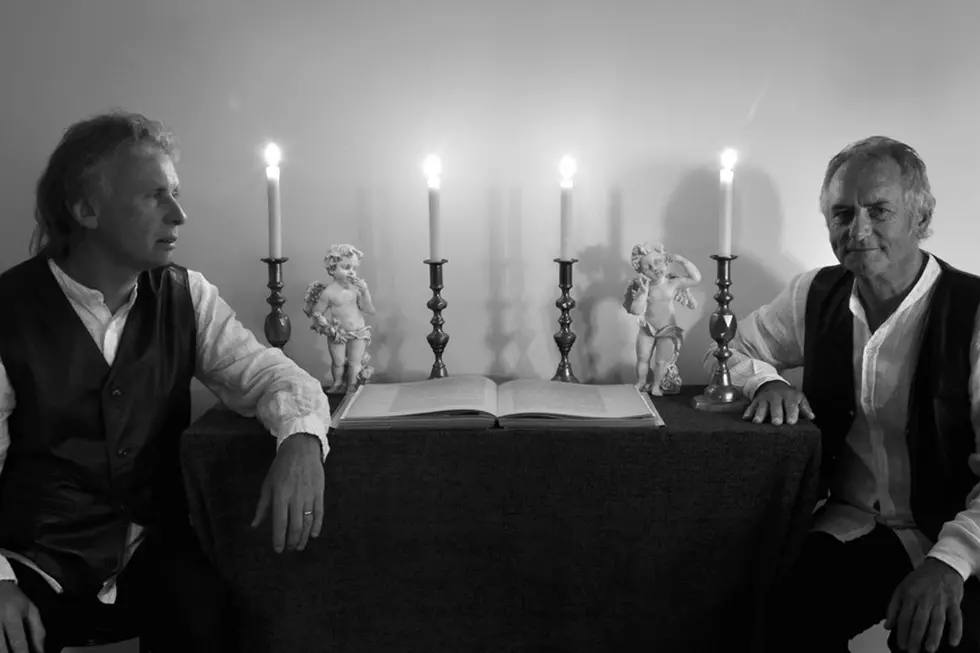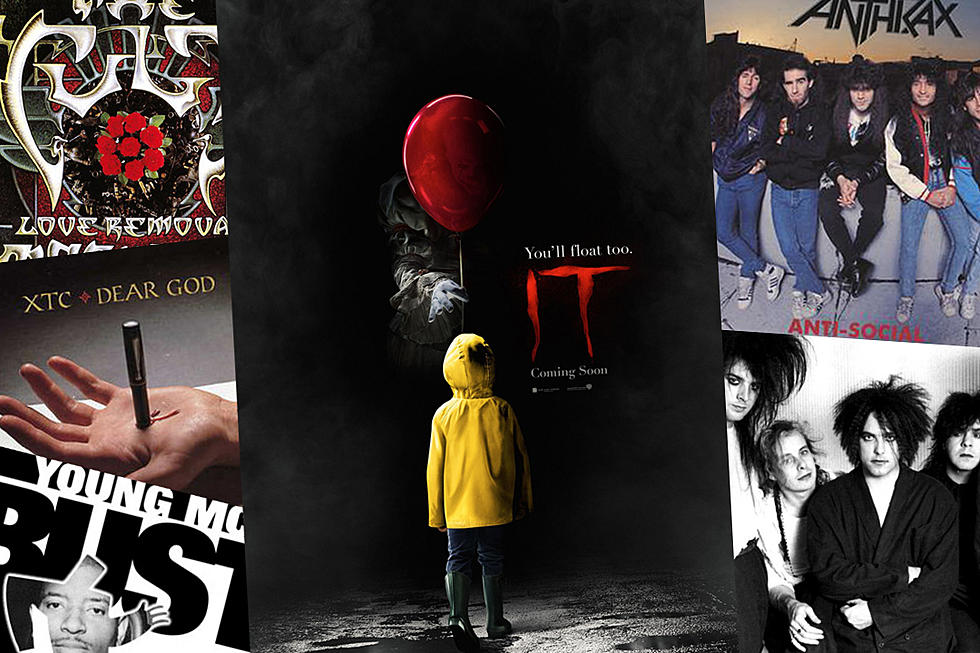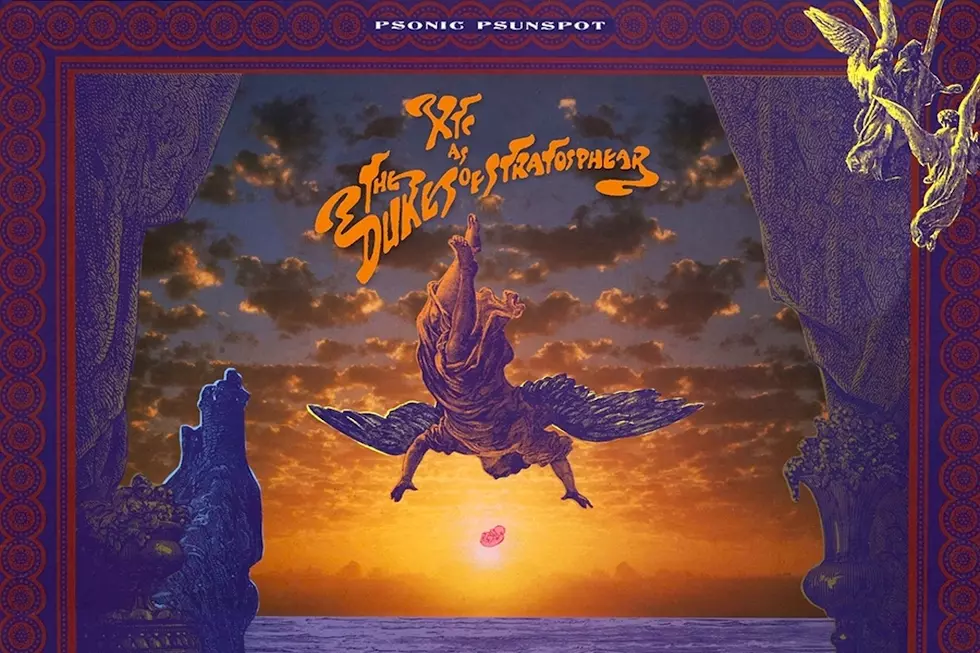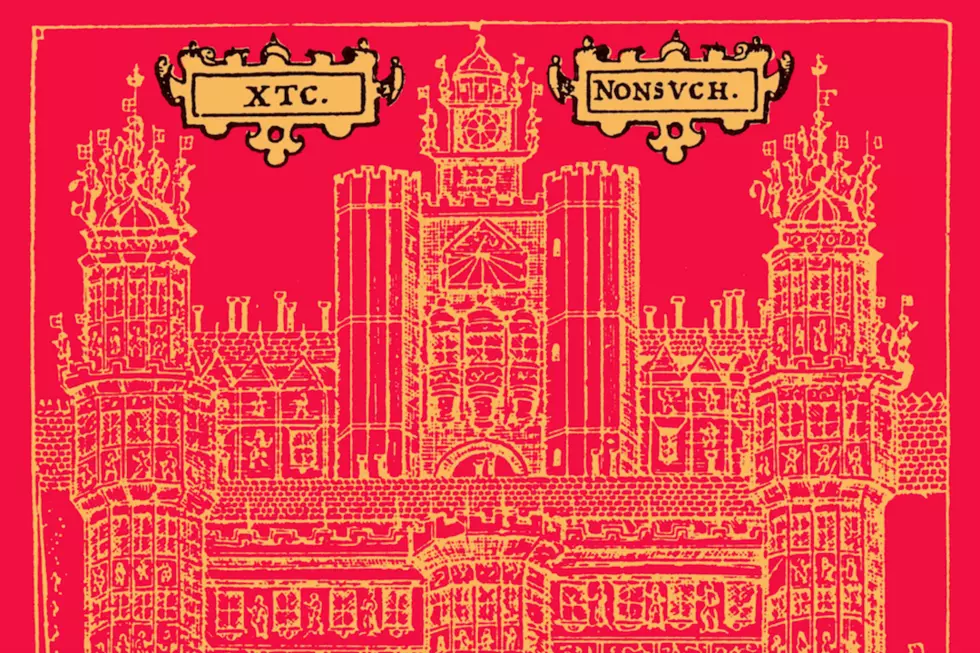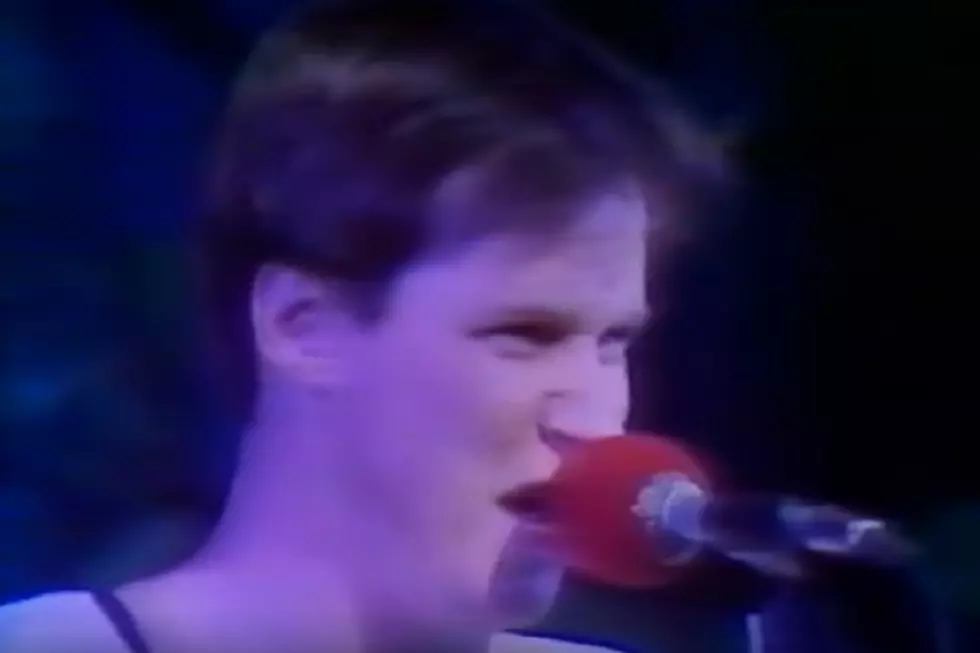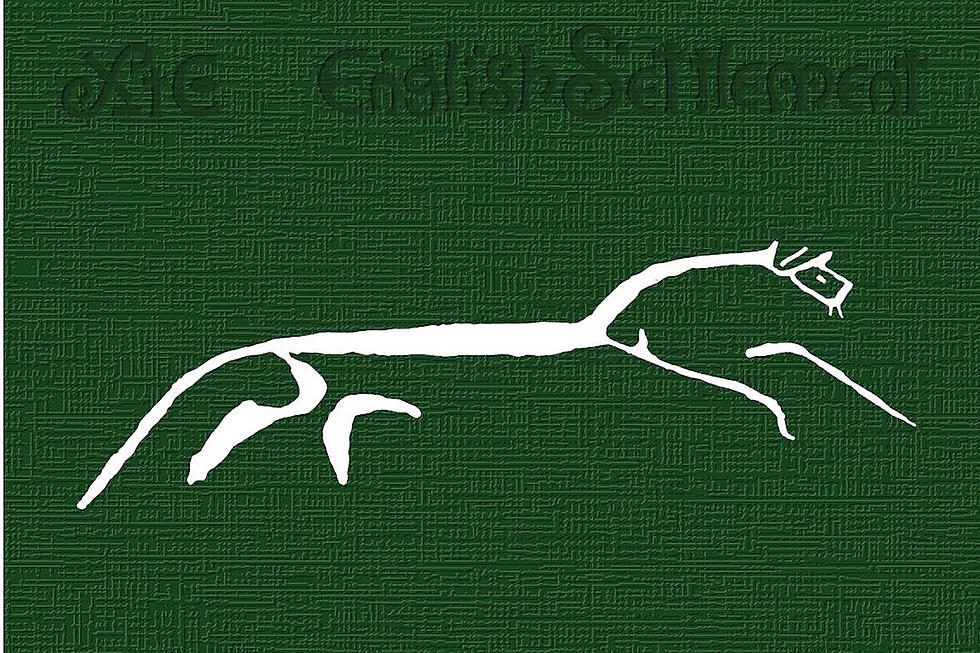40 Years Ago: XTC Make ‘White Music’ on Their Debut
XTC wanted to name their debut LP Black Music. The punk-adjacent band from Swindon, England weren’t thinking in terms of skin color, they just thought the description was appropriate for their sound.
“Black humor is humor that’s funny, but it shouldn’t be funny,” singer-guitarist Andy Partridge told Contrast in 1990. “So we want music that’s going to be musical but it shouldn’t be musical. It’s sort of like anti-music, anti-pop music.”
When XTC’s manager and label objected to the title, explaining that the English record-buying public might expect a soul-influenced album, the quartet agreed to White Music. After all, a bunch of white guys had made it and the album had its share of white noise – including Barry Andrews’ squalls of dissonant organ on a cover of “All Along the Watchtower.”
A Bob Dylan cover (even a deconstructed one) might have seemed odd coming from a nervy new band appearing on the heels of the British punk boom, but XTC were only too glad to separate themselves from the likes of the Damned and the Sex Pistols. Although they were just putting out their first LP, the group had been in the works for a lot longer, having formed in 1972 as Star Park – with Partridge, bassist-singer Colin Moulding and drummer Terry Chambers. They later became known as the Helium Kidz, carrying glam, proto-punk and progressive rock influences.
The glam-inspired Helium Kidz “lasted in name up until ’75 when we had a reshuffling of ideology and designed ourselves to what we really wanted to play, which was three-minute pop songs that were fast and inventive,” Partridge recalled. “We needed a fast, inventive name so we changed it to XTC.”
As punk was exploding in 1976-77 in London, labels were thirsty for any act that might be the next big punk group. After XTC were invited by John Peel to do a session with the legendary DJ in 1977, they signed with Virgin Records and promptly arrived at Abbey Road Studios to make an EP (the 3D EP, released in the fall of ’77), followed almost immediately by a week of sessions to record the first XTC album.
Aside from the Dylan cover, all the songs were written by Moulding and Partridge, who had a lion’s share of credits and a razor sharp perspective on the musical trends of the era. Some of this was displayed in one of the LP’s singles, “This Is Pop,” in which Partridge resisted the notion of placing the punk moniker on a sound that was, essentially, just another form of pop music. He later recalled being underwhelmed when he first heard the Sex Pistols’ “Anarchy in the U.K.”
“It just sounds like a slower version of the Ramones, or the Monkees with a bit more fuzz,” he remembered thinking. “That sort of spurred me on – watching this stuff that I thought was rather average.”
Although XTC shared some DNA with the punks – brisk tempos, spare instrumentation and attitude to spare – the band felt that they drew from a wider swath of influences. Sure, they liked Alice Cooper and the New York Dolls, but that was only one facet of the group.
Partridge described XTC’s debut to Mojo as “Captain Beefheart meets the Archies. … It's just everything we'd ever listened to: The Beatles, Sun Ra, Atomic Rooster – anybody who’d done anything we liked.”
Unfortunately for XTC, drawing from a range of musicians didn’t initially inspire much popularity. After White Music was released in England on Jan. 20, 1978, its first run only sold about 30,000 copies – hardly enough to convince Virgin to put it out in North America. The band’s debut album wasn’t helped by the fact that the BBC banned the LP’s lead single, “Statue of Liberty” from the airwaves. The powers-at-be didn’t object to the sounds of chirping organ and chugging guitar, but rather the lyric, “In my fantasy, I sail beneath your skirt.”
Decades later, the line seems quaint, and also perfectly at home in XTC’s quirky body of work. Although fans soon embraced the band’s debut (which was eventually re-released worldwide), it took longer for Partridge to reckon with the earliest recorded version of XTC.
“I’m really embarrassed by that early material. It's like naked baby photos. They weren’t songs, they were just slabs of energy with words that made good energy pictures in your head,” he told Details in 1992. But by the late ’90s, Partridge had changed his mind: “We just thought it was dead original. I couldn't listen to it for years, but I’m nearly through the embarrassment. It’s not crap.”
XTC Albums Ranked
More From Diffuser.fm

